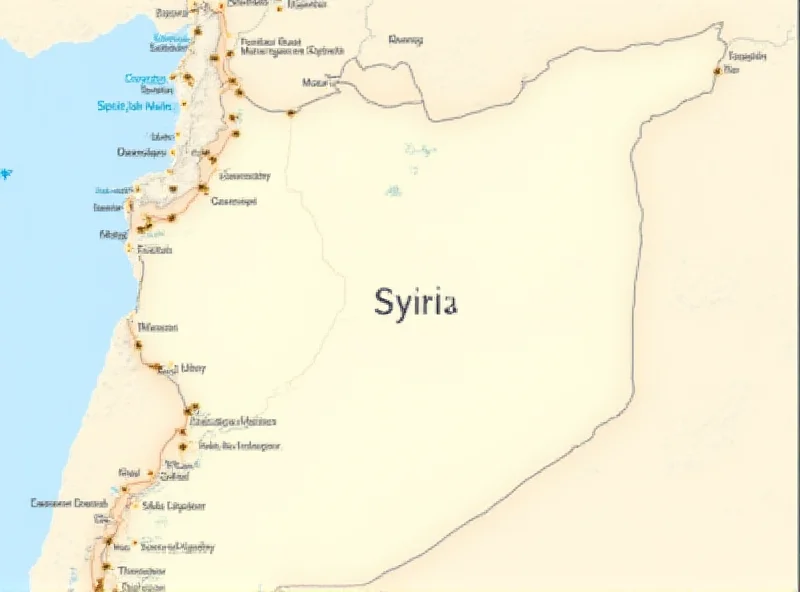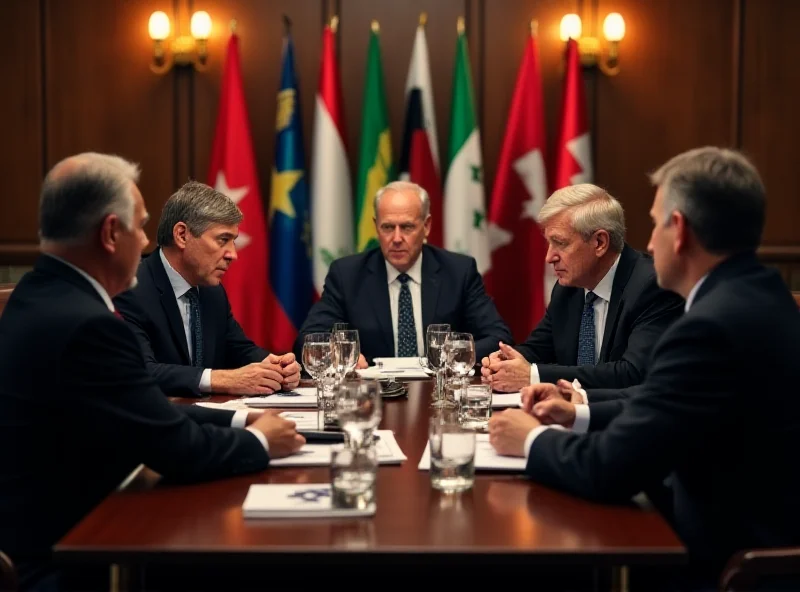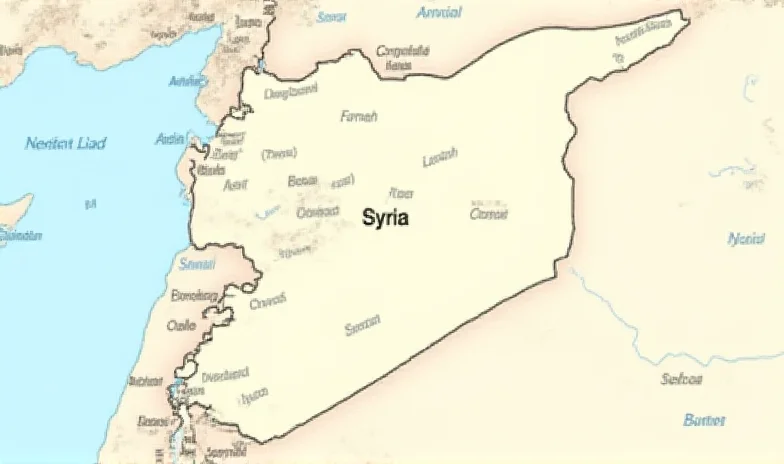Syria is facing a confluence of challenges, including potential cuts in US foreign aid, a resurgence of violence, and ongoing efforts to foster regional cooperation. The situation paints a complex picture of a nation struggling with internal conflict and external pressures.
US Aid Under Scrutiny
The United States' role in providing foreign aid to Syria is under review, raising concerns about the potential impact on the country. A halt in aid could have significant political and humanitarian ramifications, potentially destabilizing the region further. The implications extend beyond Syria's borders, affecting international relations and the overall humanitarian landscape.

The debate surrounding US aid is multifaceted, involving considerations of policy, regional stability, and the well-being of the Syrian people. The decision will likely have far-reaching consequences, shaping the future of Syria and its relationship with the international community.
Resurgence of Violence
Recent reports indicate a worrying escalation of violence along the Syrian coast. Clashes have resulted in numerous casualties, with the Damascus Government attributing the unrest to former supporters of Bashar al-Assad. This resurgence of conflict raises fears that Syria is once again on the brink of civil war.
“The situation is extremely volatile,” says a regional analyst. “These clashes demonstrate the deep-seated tensions that continue to plague the country.”

The military developments along the coast have triggered a range of reactions, both locally and internationally. Ambush tactics employed by various factions have further complicated the situation, creating a tense and dynamic military scenario.
Regional Cooperation Efforts
In response to the ongoing challenges, Jordan is hosting a meeting of Syria's neighboring countries on March 9. The aim of the meeting is to discuss mechanisms for cooperation in combating shared challenges and fostering regional stability. This initiative underscores the importance of coordinated efforts in addressing the complex issues facing Syria.
The Jordanian Ministry of Foreign Affairs hopes that the meeting will pave the way for stronger regional collaboration. By working together, neighboring countries can play a crucial role in promoting peace and stability in Syria and the wider region.

The situation in Syria remains precarious, requiring a multifaceted approach that addresses both the immediate humanitarian needs and the long-term political and security challenges. The interplay between potential aid cuts, escalating violence, and regional cooperation efforts will ultimately determine the future trajectory of the country.
